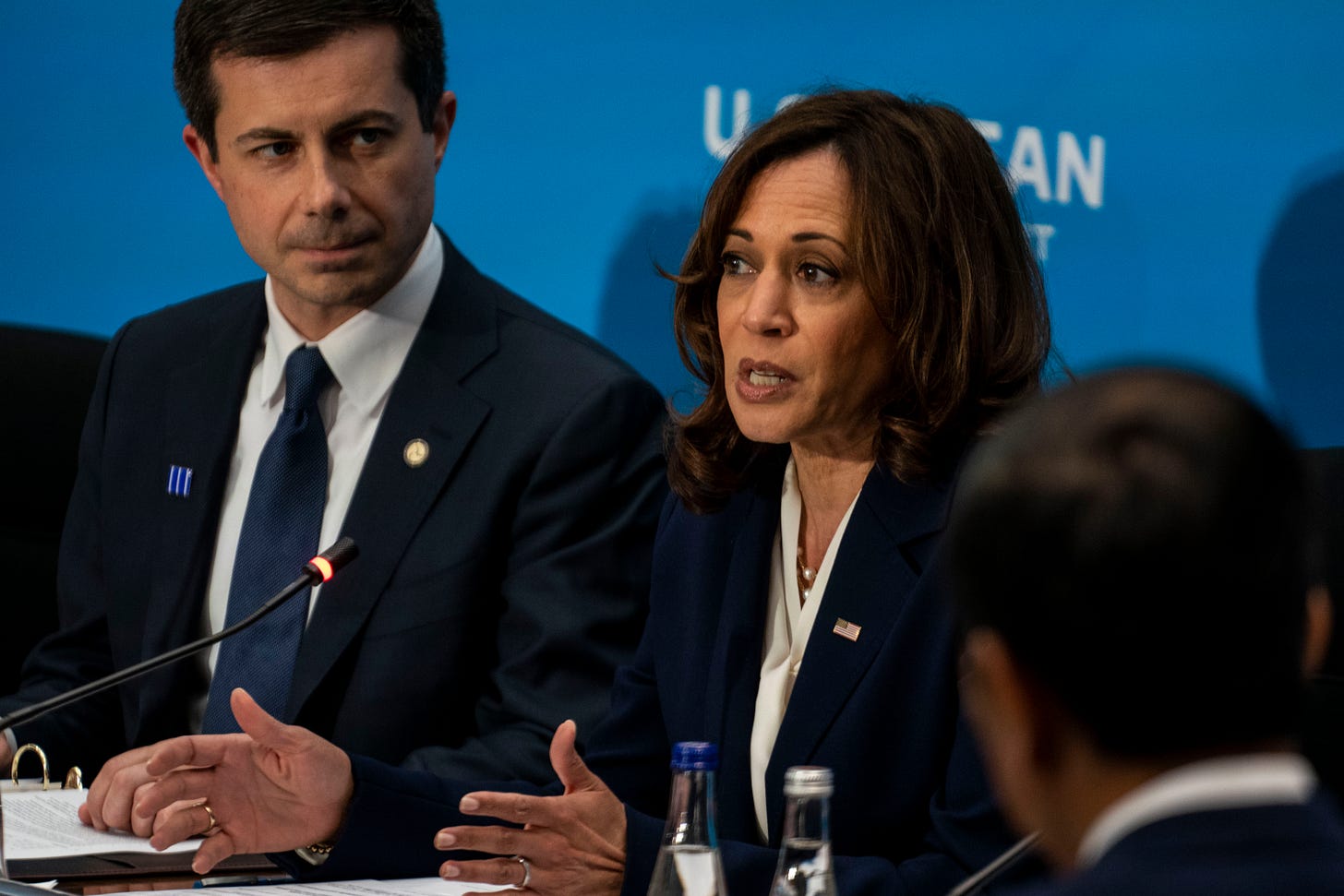The Biden reckoning Democrats need
Plus private equity, lessons from Down Under, and George Eliot’s last book

The New York City mayoral election has been badly over-covered, but as someone who was Zohran-skeptical in the lead-up to the primary, I wanted to flag this recent interview he did with the Times as pretty impressive.
Broadly speaking, I’ve seen him do something that used to be table stakes for politics but has become a bit unusual: He is actively trying to persuade people on his weak points by accepting skeptical questions.
I think his campaign understands that taking skeptical questions is a good idea precisely because it’s an opportunity to do this sort of persuasion. Obviously it would be more fun to sit for an interview with someone who’s just like “Explain why Andrew Cuomo is a tired emblem of the broken establishment” or “Isn’t it insane that people are still asking about stuff you said in 2020.” But it’s more productive to take harder questions and actually try to convince people. It can feel a little unrewarding to do this, because no matter how many times Mamdani disavows his old anti-policing takes, lots of people aren’t going to believe him. But more than zero people will — and as a believer in flip-flopping, persuasion politics, and doing tough press, I want to give credit where credit is due.
Now let’s answer some mailbag questions.
Derek Tank: During Spencer Cox’s interview with Ezra Klein, one of his big suggestions for reducing the temperature of partisanship was for people to (I’m paraphrasing, perhaps uncharitably) give up their dreams of influencing national politics and invest more time and effort in their local communities.
Since this isn’t something people will just do, what can be done materially to encourage this (assuming it’s a good idea)? Should we devolve more power back to the states and localities? Should we try to actively discourage engagement in national civic discourse somehow?
I think encouraging people to be more local is a bit of a pipe dream. The media technology has shifted in a way that makes it easier to transcend space and time, so naturally people in 2025 are less locally focused than people in 1925. You can observe that this has had some negative consequences, but you can’t actually reverse it.
But my version of this Cox take is the effective altruist idea of the important/neglected/tractable framework for thinking about issues.
Keep reading with a 7-day free trial
Subscribe to Slow Boring to keep reading this post and get 7 days of free access to the full post archives.

